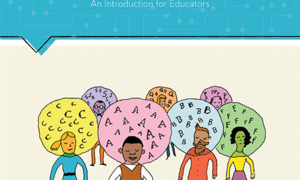Celebrate Black History Month and Teach Black History All Year
In celebration of Black History Month, we offer a new resource page. From articles and publications to videos, lessons and stories, we’ve collected some of our best resources to help you learn about and elevate Black history in all of its complexity. Whether you’re building your own knowledge, looking for ways to expand your teaching of Black history, or celebrating stories with your family, we hope you’ll use these resources. Young people deserve to learn this history in ways that are accurate, comprehensive and age appropriate.
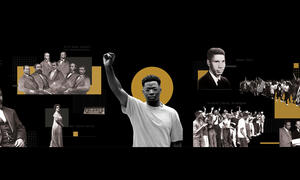
Learn From and Honor Black History
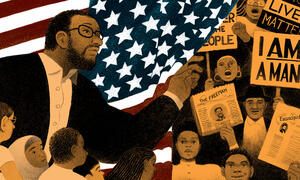
A Call for Anti-Bias Education
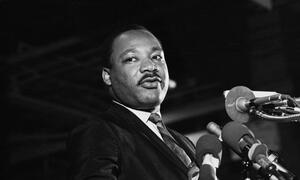
Teaching the Movement’s Most Iconic Figure
Advocating for Honest History Education
Parent and caregiver advocacy is crucial as children’s right to inclusive learning and honest history education is being limited in some states and communities. While the media often highlights the vocal efforts of a few politically motivated parents’ groups to censor teaching and to exclude some children and families from representation, we know that most parents and caregivers support fair and inclusive education practices that protect the learning and well-being of all children.
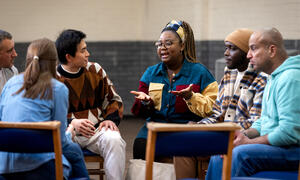
Advocating for Honest History Education: A Resource for Parents and Caregivers
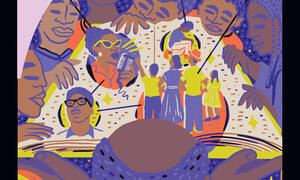
Advocating for Teaching Honest History: What Educators Can Do
Our Humanity Is Bound Together: Discussing the Holocaust
International Holocaust Remembrance Day is commemorated on January 27, the anniversary of the liberation of Auschwitz-Birkenau concentration camp in 1945. We honor the memory of the 6 million Jews and the millions of Roma, Sinti, Slavs, disabled persons, LGBTQ+ individuals, political dissidents and others who were murdered in the Holocaust. And we encourage learning from the survivors as we reflect on the significance of this history.
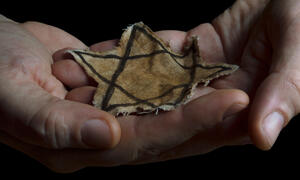
Acclaimed Documentary ‘One Survivor Remembers’ Urges All to Never Forget

One Survivor Remembers
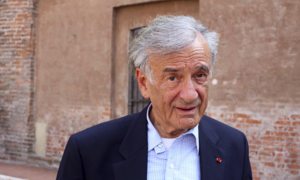
‘Hope, Despair and Memory’
Honor Dr. Martin Luther King Jr. by Teaching Honest History
Martin Luther King Jr. is the most iconic figure of the Civil Rights Movement, but the narrative around his life and work is often oversimplified in classrooms and public discourse. We invite you to expand the narrative and teach a more complex and comprehensive view of Dr. King and a more honest history of the United States. Check out these Learning for Justice resources to better understand King’s strategies and goals, the context of the movement for equality and civil rights, and the work that remains to be done.

Teaching the Movement’s Most Iconic Figure

Teaching About King’s Radical Approach to Social Justice
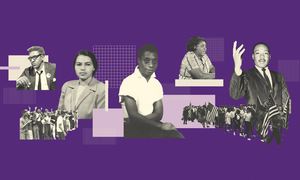
Teaching the Civil Rights Movement
Strengthening Democracy in 2024
As the anniversary of the January 6 insurrection approaches, we are reminded that democracy requires regular practice from all of us, and media literacy is vital to that practice. We offer our first new resource of the year, our Media Literacy Resources page, which provides guidance for introducing these essential skills to children and young people.
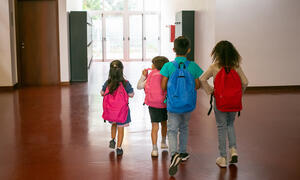
Discussing War and Conflict: Resources for Educators, Parents and Caregivers
